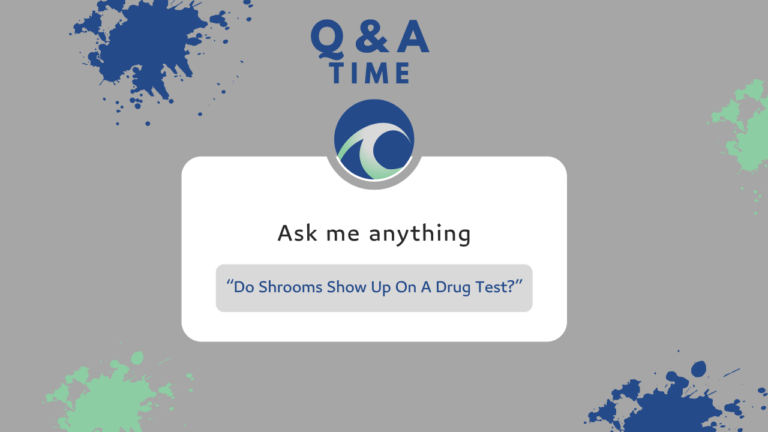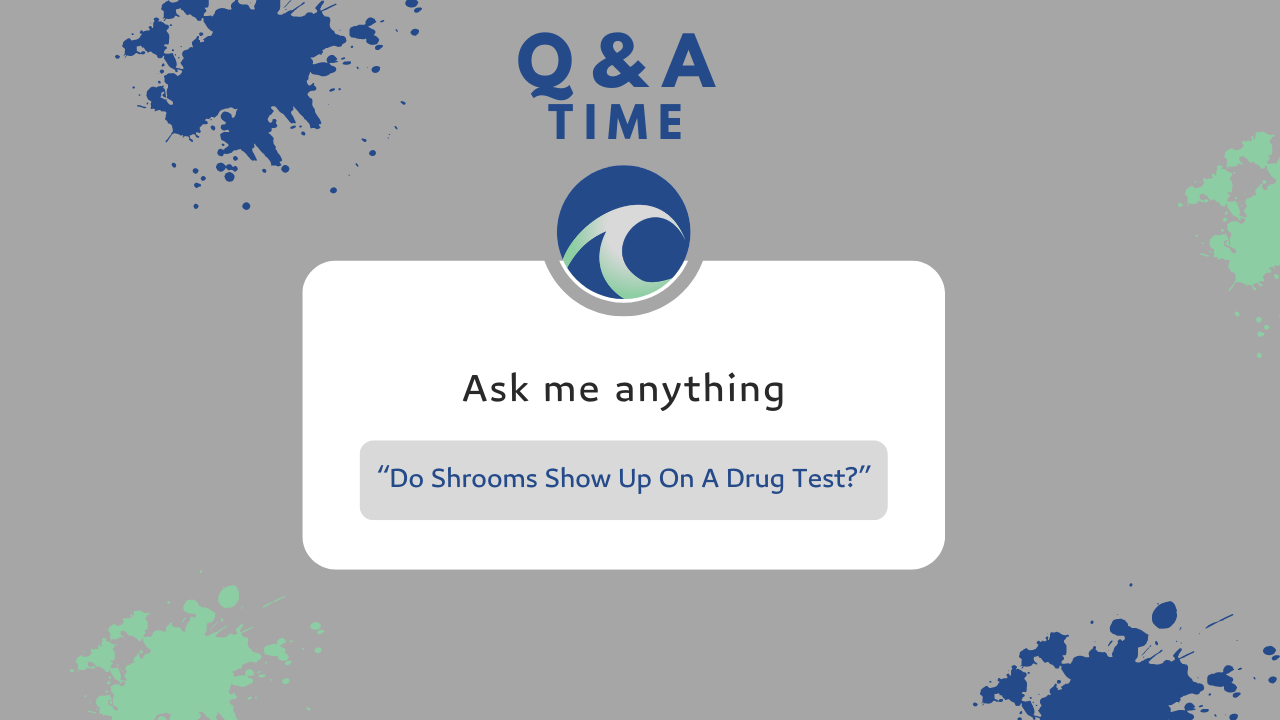
Do Shrooms Show Up on a Drug Test? Everything You Need to Know
Shrooms, also known as magic mushrooms, are a type of psychedelic drug that contain psilocybin. They are known for their mind-altering effects and have been used for centuries in spiritual and religious practices. However, with the increasing popularity of recreational drug use, concerns about the potential dangers of shrooms have arisen. One common question is whether or not shrooms show up on a drug test.
The answer to this question is not straightforward. While drug tests typically screen for common drugs such as marijuana, cocaine, and opioids, they do not typically test for psilocybin. This is because psilocybin is not considered a commonly abused drug and is not included in standard drug panels. However, some specialized drug tests may be able to detect psilocybin and its metabolites in the body. It is important to note that even if psilocybin is not detected in a drug test, it is still illegal to possess and use shrooms in many parts of the world.
Understanding Drug Tests
Types of Drug Tests
There are several types of drug tests that can be used to detect the presence of drugs in an individual’s system. The most common types of drug tests include urine tests, blood tests, saliva tests, and hair tests.
Urine tests are the most common type of drug test and are often used by employers and government agencies. These tests are relatively inexpensive and can detect the presence of drugs in a person’s system for up to a week after use.
Blood tests are more invasive and expensive than urine tests, but they are also more accurate. Blood tests can detect the presence of drugs in a person’s system for up to 24 hours after use.
Saliva tests are less invasive than blood tests and can detect the presence of drugs in a person’s system for up to 48 hours after use.
Hair tests are the most accurate type of drug test and can detect the presence of drugs in a person’s system for up to 90 days after use.
Detection Windows for Substances
The detection window for a drug test depends on several factors, including the type of drug test, the amount of the drug consumed, and the frequency of use.
For example, a urine test can detect the presence of marijuana for up to a week after use, while a blood test can only detect the drug for up to 24 hours. Similarly, a hair test can detect the presence of cocaine for up to 90 days after use, while a saliva test can only detect the drug for up to 48 hours.
It is important to note that drug tests are not foolproof and can sometimes produce false positives or false negatives. Additionally, some drugs, such as LSD and psilocybin (the active ingredient in shrooms), may not show up on a drug test at all.
Overall, it is important to understand the different types of drug tests and their detection windows in order to make informed decisions about drug use and testing.
Psychedelic Mushrooms and Drug Testing
Active Compounds in Psilocybin Mushrooms
Psychedelic mushrooms, also known as magic mushrooms, contain the active compound psilocybin. When ingested, psilocybin is converted into psilocin, which is responsible for the psychedelic effects. Psilocin is similar in structure to serotonin, a neurotransmitter that regulates mood, appetite, and sleep. This similarity allows psilocin to bind to serotonin receptors in the brain, leading to altered perception, mood, and thought.
Typical Drug Panels and Psilocybin
Drug testing is a common practice in many workplaces, schools, and sports organizations. The most common type of drug test is the urine drug test, which screens for a range of substances, including marijuana, cocaine, opioids, and amphetamines. However, psilocybin and psilocin are not typically included in standard drug panels.
To detect psilocybin and psilocin, a specialized test is required, such as a liquid chromatography-tandem mass spectrometry (LC-MS/MS) test. This test can detect psilocybin and psilocin in urine, blood, and hair samples. However, it is not commonly used due to the high cost and complexity of the test.
In conclusion, while psilocybin mushrooms can cause psychedelic effects, they are not typically included in standard drug panels. Specialized tests are required to detect psilocybin and psilocin, which are not commonly used due to the high cost and complexity.
Factors Influencing Detection
Dosage and Frequency of Use
The amount and frequency of psilocybin mushroom consumption can affect the detection of the drug in a drug test. A higher dosage and more frequent use can increase the likelihood of detection. Psilocybin is usually detectable in urine samples for up to 24 hours after ingestion. However, heavy users may test positive for up to 7 days after use. For individuals seeking drug addiction treatment, understanding the detection window of substances like psilocybin is crucial, as it can impact treatment options and recovery plans.
Metabolism and Body Composition
Individual differences in metabolism and body composition can impact the detection of psilocybin mushrooms in drug tests. People with faster metabolisms may eliminate the drug from their system more quickly than those with slower metabolisms. Additionally, body fat can store the drug, leading to a longer detection window in individuals with higher body fat percentages.
Test Sensitivity and Specificity
The sensitivity and specificity of the drug test can also influence the detection of psilocybin mushrooms. Some tests may be more sensitive than others, meaning they can detect smaller amounts of the drug. However, some tests may also produce false positives or false negatives, leading to inaccurate results. It is important to use a reliable and validated drug test to ensure accurate detection of psilocybin mushrooms.
In summary, the detection of psilocybin mushrooms in drug tests can be influenced by several factors, including dosage and frequency of use, metabolism and body composition, and test sensitivity and specificity. It is important to consider these factors when interpreting drug test results.
At Waterside Recovery Centers we pride ourselves on providing the top addiction treatment in Massachusetts. With a range of evidence-based, client-focused and individualized treatment offerings, we are able to provide the ideal support for those seeking recovery from substance addiction. Please feel free to reach out to our help line at anytime.
(866)671-8620





